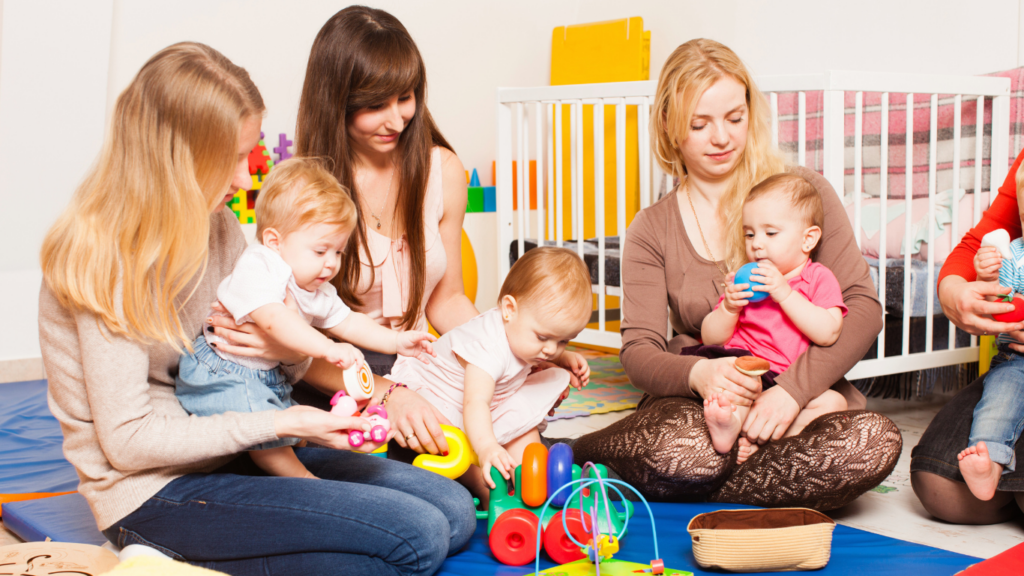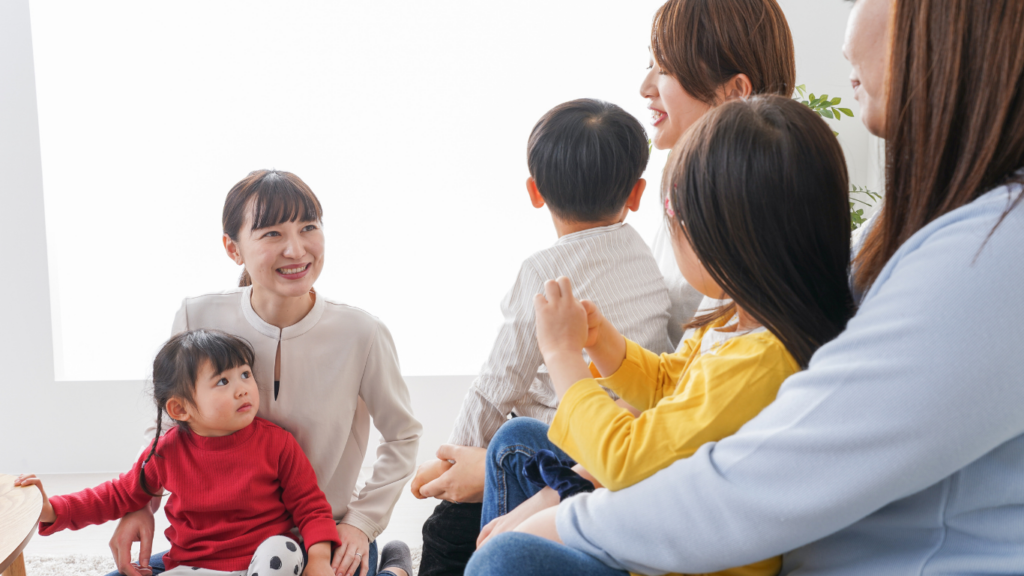Motherhood is a journey filled with joy, challenges, and a million questions. Yet, too often, moms feel isolated or judged when they open up about their struggles or unique experiences. I’ve seen how important it is to have a space where moms can share openly without fear of criticism or comparison.
The Importance Of Creating Safe Spaces For Moms
- Moms face unique emotional, mental, and physical challenges throughout their journey. Without judgment-free spaces, many hesitate to discuss struggles, fearing criticism or misunderstanding. These barriers can heighten feelings of isolation and stress.
- Safe spaces foster open communication where moms feel heard and valued. They enable honest sharing about postpartum emotions, parenting doubts, and family dynamics. This openness builds solidarity, helping moms realize they’re not alone in their experiences.
- Supportive environments empower moms to seek advice, share personal growth stories, and celebrate milestones. For example, discussing strategies for managing toddler tantrums or navigating work-life balance strengthens problem-solving skills and confidence.
- Communities that prioritize inclusivity and empathy reduce stigma around sensitive topics like maternal mental health. Talking about postpartum depression or anxiety in such spaces encourages moms to seek professional help if necessary, improving overall well-being.
- Establishing these spaces benefits entire families, as supported moms often display improved patience, self-esteem, and resilience. Encouraging such environments strengthens bonds among mothers and creates a network of shared growth and understanding.
Understanding The Challenges Moms Face
Moms encounter unique struggles influenced by societal expectations, emotional pressures, and mental health considerations. Addressing these challenges requires identifying their roots and fostering supportive environments.
Social Pressures And Expectations
Society often imposes unrealistic standards on mothers, shaping how their roles are perceived. Balancing work responsibilities, household tasks, and parenting demands leaves little room for self-care. For instance, stay-at-home moms may face judgments about their career choices, while working moms often contend with guilt over time spent away from their children. These double standards create stress, contributing to feelings of inadequacy.
Cultural norms amplify these issues, defining “ideal motherhood” based on narrow criteria. Social media complicates this further by portraying seemingly perfect parenting, causing moms to compare themselves unfairly. Clear communication in safe spaces can help to counteract these pressures by challenging unrealistic images and encouraging authenticity.
Mental Health And Emotional Well-Being
Motherhood impacts emotional and mental health in profound ways. Postpartum depression affects an estimated 10-20% of moms globally, yet stigma prevents many from seeking help. Anxiety about parenting decisions, such as feeding choices or behavioral development, exacerbates mental strain. Without outlets for open dialogue, moms may internalize these struggles.
Frequent emotional labor adds another layer of stress, as moms fulfill caregiving roles without recognition of their mental burden. Transparent discussions in empathetic spaces promote awareness of these challenges and facilitate pathways for support. Accessing shared experiences reduces isolation and encourages seeking professional resources when necessary.
Key Elements Of Safe Spaces For Open Conversations

Creating spaces where moms feel secure sharing their experiences involves implementing several essential elements. These foster connection and understanding, ensuring meaningful and impactful interactions.
Non-Judgmental Atmosphere
A non-judgmental atmosphere eliminates fear of criticism while sharing sensitive topics. Moms often face societal pressure; any hint of judgment can discourage open dialogue. To build this, I focus on normalizing diverse parenting choices, from feeding styles to career decisions, and embrace the idea that every parenting journey is unique. Incorporating active listening makes moms feel heard and valued without unsolicited advice or condescension.
Encouragement Of Honest Sharing
Encouraging honest sharing requires reassurance that vulnerability is met with respect. When I validate emotions like:
- exhaustion
- frustration
- self-doubt
it opens the floor for others to do the same. Discussing personal stories regarding challenges like toddler tantrums or postpartum stress not only fosters honesty but also lets others know they aren’t isolated in their struggles. Clear boundaries for respectful communication protect authenticity in these exchanges.
Building Trust And Empathy
Trust and empathy form the foundation of safe spaces. To establish trust, I maintain confidentiality for sensitive discussions, ensuring shared experiences aren’t repeated without consent. Empathy grows when I avoid assumptions about others’ challenges and instead express understanding through shared emotions. Using inclusive language acknowledges that every mom’s reality, whether single parenting or raising children with special needs, deserves equal respect.
Practical Tips For Facilitating Open Mom Conversations
Facilitating open conversations starts with intentional efforts to create a supportive and judgment-free environment. These strategies can help foster meaningful connections among moms.
Hosting Supportive Gatherings
Organizing gatherings tailored to moms’ needs encourages participation and builds trust. I plan events at accessible locations, like community centers or parks, to ensure inclusivity. Small group settings promote honest exchanges by reducing social pressure. For example, creating a themed discussion such as “Parenting Wins and Challenges” fosters shared dialogue.
Facilitators or moderators encourage open discussions and set expectations for respectful communication. Providing activities for children nearby helps moms focus on conversations without distraction.
Leveraging Online Communities
Digital platforms provide accessible spaces for moms to connect. I participate in moderated forums, like Facebook groups or dedicated apps, where guidelines maintain respectful interactions. Establishing private groups offers confidentiality, enabling moms to share without fear of exposure.
Creating themed discussion threads, such as “Motherhood Realities” or “Overcoming Mom Burnout,” sparks engagement among diverse participants. Supplementing interactions with live webinars or virtual meetups deepens these connections and facilitates consistent engagement.
Encouraging Active Listening
Fostering empathy starts with teaching active listening skills. I model undistracted listening, ensuring full focus on the speaker. Reflective responses, such as paraphrasing or affirming emotions, demonstrate understanding and validate feelings.
Building a culture of respect includes reframing advice as a suggestion rather than criticism. For instance, I encourage phrases like, “Have you tried…” instead of prescriptive language. By prioritizing support over judgment, moms feel heard and understood in these discussions.



 Community Engagement Manager
Community Engagement Manager
